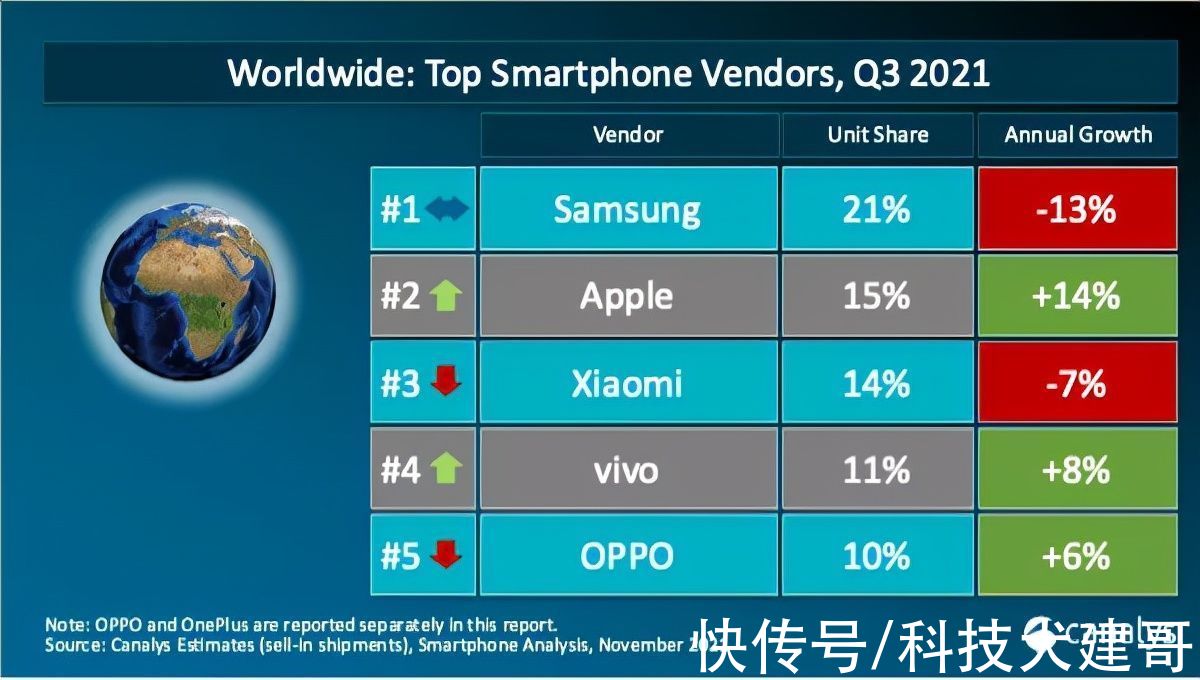{调取该文章的TAG关键词}|China Fines Meituan US$530 Million for Antitrust Violations
【{调取该文章的TAG关键词}|China Fines Meituan US$530 Million for Antitrust Violations】BEIJING, October 8 (TMTPOST)—The State Administration for Market Regulation of China announced that Meituan has been fined 3% of its RMB114.78 billion revenues in 2020 in China for antitrust violations. Besides the RMB3.442 billion (US$530 million) fine, the administration had also required Meituan to stop monopolistic actions immediately.

文章图片
Meituan adopted a series of measures to force merchants to sign an exclusive agreements with its platform between 2018 and 2020, according to the report released by the State Administration for Market Regulation. Meituan’s “pick one from two” practices include imposing a higher commission rate and deposit on non-exclusive merchants and requiring exclusive merchants on its platform to pay a deposit of several hundred or thousand RMB.
About 1.63 million merchants had signed an exclusive agreement with Meituan and paid a deposit between 2018 and 2020, accumulating a total deposit of RMB1.289 billion, the administration said. The administration has declared the deposit policy designed to ensure exclusive cooperation illegal and required Meituan to return the money to merchants.
Meituan has also been required to rectify its commission rules for its platform and submit them to the authority for review annually in the next three years.
The crackdown on monopolistic market practices such as “pick one from two” helps prevent China’s economy from having unfair market competition and ensure sustainable market development, experts said.
The administration had also imposed a US$2.75 billion fine on Chinese e-commerce giant Alibaba in April for the same “pick one from two” practices. The regulator said then that the fine was equivalent to about 4% of Alibaba’s 2019 domestic sales.
Meituan accounted for 67.3%, 69.5%, and 70.7% of total food delivery revenues in China respectively in 2018, 2019, and 2020, making it a predominant food delivery platform in the country and leaving its major rival Eleme far behind.
推荐阅读
- {调取该文章的TAG关键词}|肯德基、喜茶供应商「宝立食品」要上市;文和友旗下茶饮品牌「MAMACHA」杭州首店开业;中国邮政进军咖啡领域|消研所周报
- 投稿|体量庞大,微软还能突飞猛进吗?
- 投稿|中国企业的冬奥进行时
- 投稿|天猫能否再造一个京东?
- ups|数据中心该如何迎接即将到来的元宇宙未来?
- 投稿|主播围攻星巴克
- 投稿|字节跳动急流勇退,兴趣电商卷土重来
- 宋pro|到底有啥不同?宋Pro DM-i/宋Plus DM-i应该怎么选
- 佣金是谁给谁的 佣金是什么意思
- 战略|小米手机最大战略失误就是LOGO应该选择一粒米











